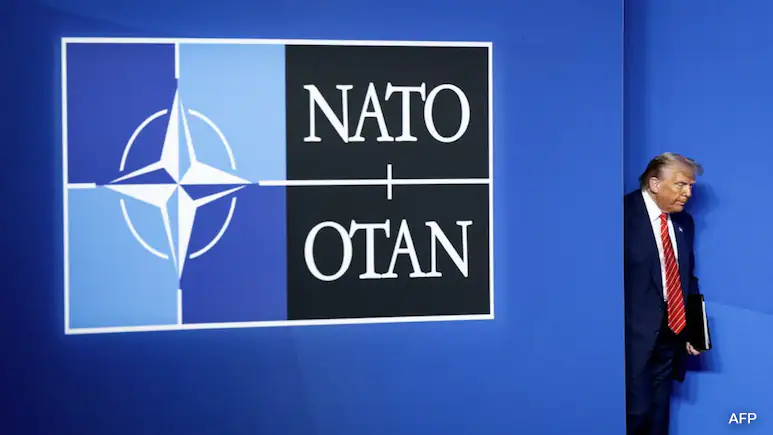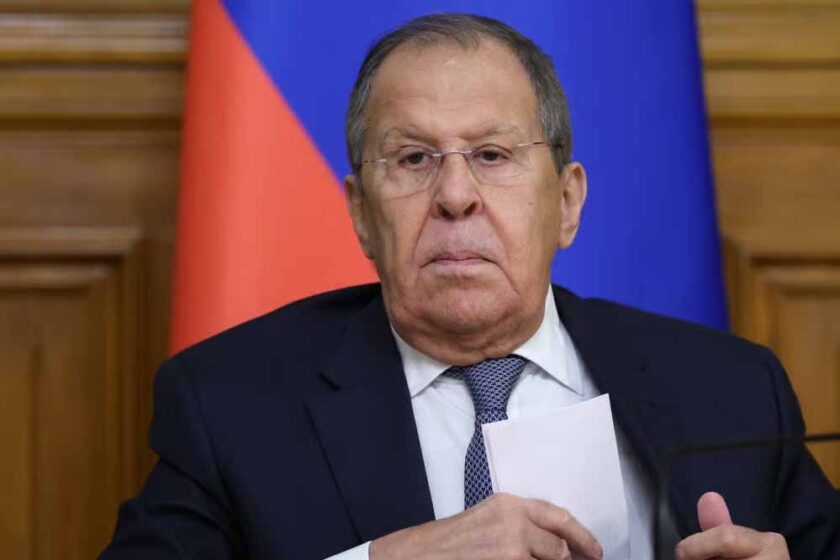The Hague, Netherlands : In a historic shift reflecting growing global security challenges, NATO member states have pledged to dramatically increase their defense investments, committing to spend 5% of their Gross Domestic Product (GDP) annually on defense and security-related sectors by 2035, as per the Hague Summit Declaration.
This ambitious target, endorsed by leaders of all 32 NATO nations, marks a significant step up from the alliance’s previous 2% benchmark and is aimed at countering long-term threats, particularly from Russia and persistent global terrorism.
“We reaffirm our unwavering commitment to collective defense, in accordance with Article 5 of the Washington Treaty. United, we will defend our freedom, our democracy, and one billion citizens,” read the joint statement issued at the summit.
The new commitment outlines 3.5% of GDP to be spent directly on meeting NATO Capability Targets and core defense needs, while the remaining 1.5% will go toward broader security initiatives. These include protecting critical infrastructure, cybersecurity, civil preparedness, technological innovation, and strengthening the defense industrial base.

NATO officials clarified that annual national plans will be submitted by each member state to map out a realistic, phased strategy toward achieving the 5% goal. A midterm review in 2029 will assess progress, taking into account any changes in the strategic environment.
Despite broad support, not all members are on board. Spain, through Prime Minister Pedro Sánchez, has expressed reservations, stating the country will maintain its commitment to the existing 2% target. In 2024, Spain’s defense spending was just 1.24% of GDP, the lowest among NATO countries and one of nine that still fall short of the earlier benchmark.
The enhanced defense spending target represents NATO’s most aggressive shift in financial policy since the end of the Cold War. It underscores the alliance’s resolve to adapt to the evolving security landscape and uphold the transatlantic bond amidst growing geopolitical instability.










